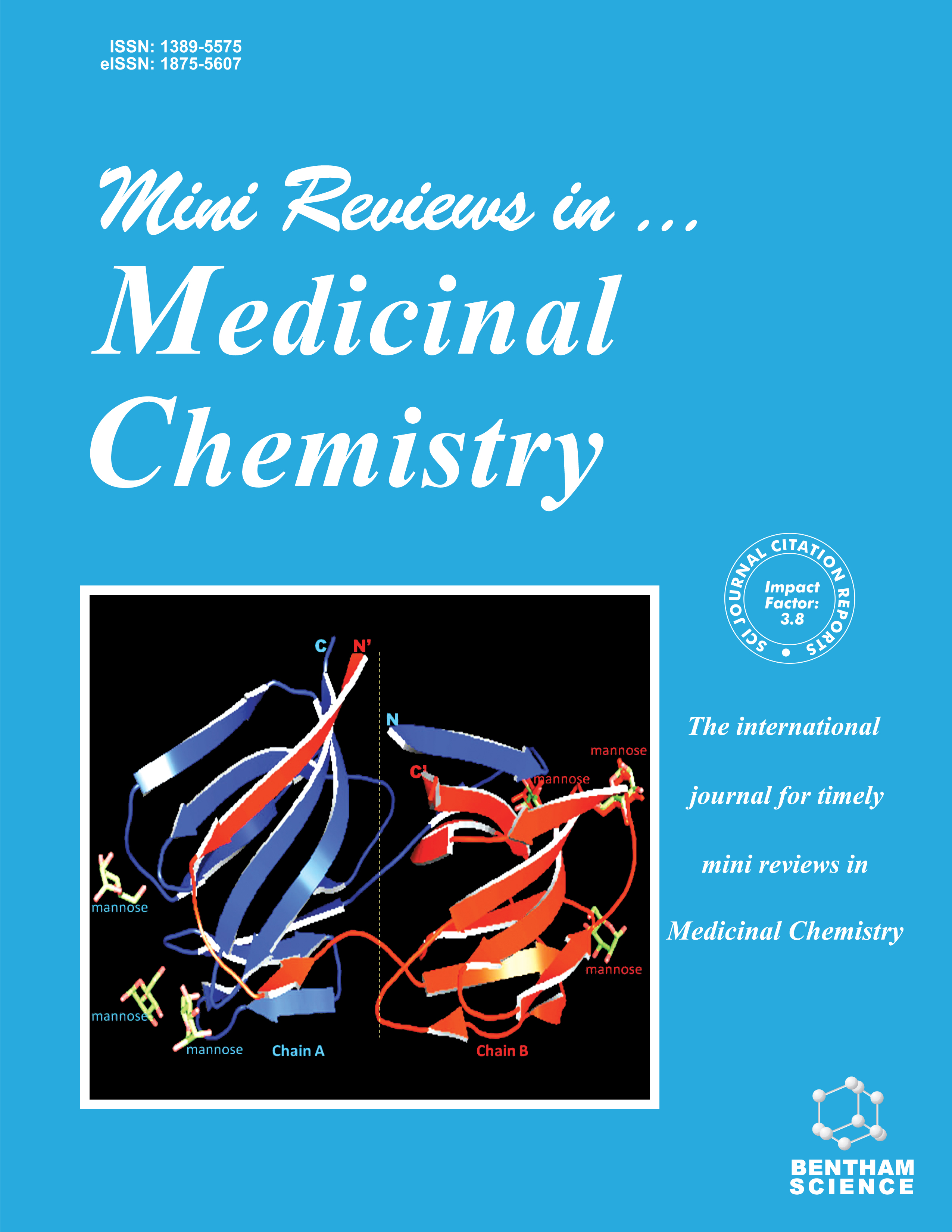
Full text loading...
Breast cancer is a heterogeneous disease consisting of several molecular subtypes, such as Hormone Receptor-positive (HR+), Human Epidermal Growth Factor Receptor 2-positive (HER2+), and Triple-Negative Breast Cancer (TNBC). Although a lot of success has been realized in targeted agents, there still remain significant problems, including resistance to drugs, toxicity related to treatment, and few therapeutic possibilities for aggressive subtypes. Confronting such limitations requires complementary treatment approaches with better efficacy and safety profiles. Phytoconstituents from natural sources have emerged as potential therapeutic agents due to their multitargeting activity, good safety profile, and capacity to evade drug resistance. These bioactive molecules, such as flavonoids, alkaloids, terpenoids, and saponins, possess various mechanisms of action, including modulation of cell cycle regulators, induction of apoptosis, inhibition of angiogenesis, suppression of metastasis, and regulation of critical oncogenic signaling pathways. Their interference with several cancer pathways gives them a holistic strategy for breast cancer therapy. This review offers an in-depth examination of new phytoconstituents that target the molecular basis of various subtypes of breast cancer. It also highlights their scope for integration into traditional paradigms either as monotherapy or in combination with current therapies to increase therapeutic impact with the least adverse effects. Through the clarification of their mechanisms of action and therapeutic advantages, this review promotes the ongoing pursuit of phytoconstituents as potential contenders in contemporary oncology, providing novel targets for the control of breast cancer and enhanced patient care.

Article metrics loading...

Full text loading...
References


Data & Media loading...

